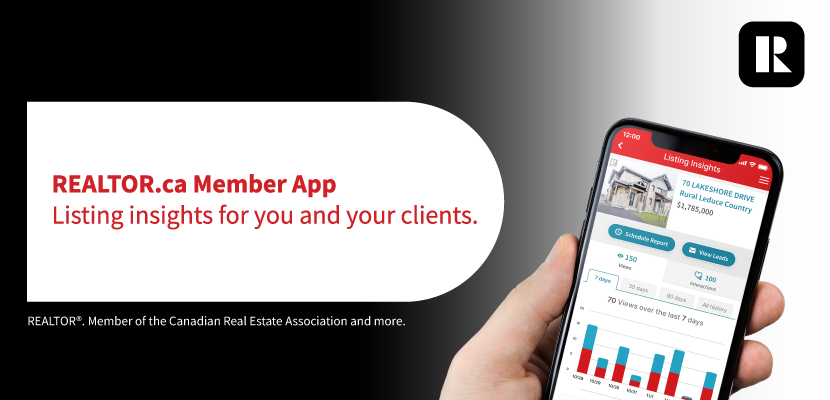When it comes to cold calling, confidence is a must. It takes resilience, self-esteem and the ability to see the potential for future business throughout the process of making calls. Many professionals avoid it because of the initial obstacles involved when building new connections.

Vered Lerner
“Expecting that not every call will be answered, we will get ‘no’s’ and understanding that it isn’t personal makes it a much easier approach,” says Vered Lerner. She is an award-winning entrepreneur, coach, consultant, expert thought-leader and speaker specializing in personal, professional and business development with an emphasis on emotional intelligence (EQ) training for self empowerment, clarity and ultimate success.
Not everything one has to offer is a good fit for others. Likewise, not every prospect is a good fit for you. Self-awareness is essential for developing self-esteem and confidence. The more you believe in who you are, what you do and the value you provide, your conviction will resonate that much more with others. What this means is that you naturally present as a trustworthy source. This allows you to expertly convey your message.
“It all stems from progressive emotional intelligence,” says Lerner.
Client meetings, whether done via Zoom or face to face, require a good understanding about the prospect. “If we don’t know what they are looking for, how can we possibly know what to offer?” says Lerner. “An effective way to solve this is by pre-screening prospects and qualifying them.”
When you are able to handle questions appropriately, you can respond to comments and address concerns. This is how you are viewed as an “expert” in your field. Having great eye contact, and confident body language speaks volumes when first meeting others.
“Making the presentation interactive helps to retain attention and promotes engagement. The more our audience participates, the more invested they are in the presentation and what is being offered,” says Lerner. Another important tip is to ask if clarification is needed throughout the presentation, such as “does this make sense” or “does this resonate with you?”
Assuming your presentation goes great, when is the best time to introduce an agreement or contract? “A contract or agreement should only be sent after open discussion, preliminary negotiation, full understanding and verbal agreement to terms and conditions,” Lerner says. “Doing this will prevent unnecessary misunderstandings, confusion, disappointment or refusal to seal the deal.”
When it comes to online transactions, everything should be clearly stated and disclosed in the offer so the prospect can make an informed decision. This prevents buyer remorse and charge-backs. Having full transparency is key as honesty is the best policy.
In summary, sales professionals must be confident in their abilities. Self-esteem is seen in appearance, heard in speech, felt in body language and proven in results.
“Since this stems from inside, many people tend to require help in identifying core issues including fear, self doubt, comparison to others and rejection. I work with them to identify each challenge and permanently address it so the confidence building is progressive and sustained,” Lerner says. Emotional intelligence not only helps professionals in business, but it also enhances all relationships and improves every area of life.

Nicole Attias is the owner of Prospect2Win. Prospect2Win is a sales-based company in Canada that is dedicated to helping businesses get in the door through cold calling and presentation training. Nicole facilitates workshops and webinars for real estate agents and various real estate boards. Contact – nicole@prospect2win.com
Stay tuned for my upcoming eBook, “Transform your sales approach – More than just a cold call.”


















